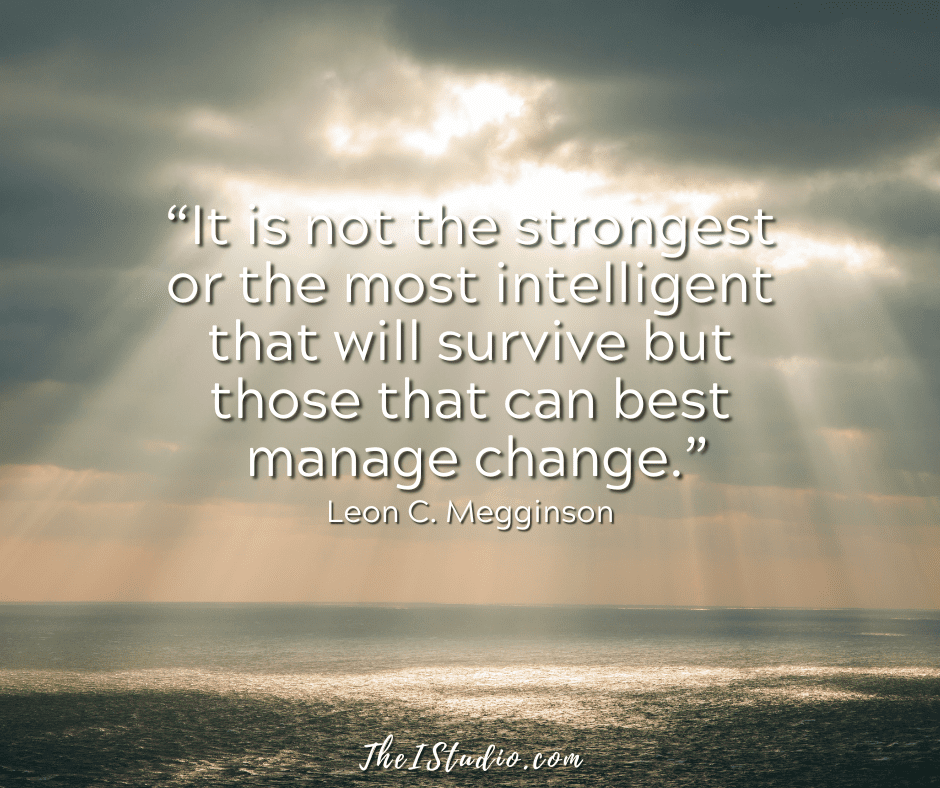How to Future-Proof Your WordPress Website

It’s not uncommon for some websites to break or have conflicts when WordPress releases an update. For example, with WordPress 5.6, many sites broke and were no longer accessible by site owners. Then, some themes had issues with 5.8 and the move towards Full Site Editing (FSE).
So, how could a simple update wreak havoc on only specific sites? Here’s what I found:
- The sites in question were not appropriately maintained. As a result, they were not keeping up.
- They have a completely customized and tweaked theme and no longer have a relationship with the developer who created it for them.
- Or, the WordPress theme in use was not tested up to WordPress 5.6.
- Some plugins are abandoned or not tested up to WordPress 5.6.
- Website hosting that is not “managed” and able to offer the support needed when things go haywire.
The More Things Change…
I’ve been at this for years, with WordPress since its birth. I’ve seen this pattern repeat itself over and over and over and over…
What pattern? Site owners who don’t keep their sites up-to-date. Themes in use that aren’t of quality code—and updated as needed. Plugins that aren’t necessarily secure and tested with each WordPress update.
Additionally, most site owners aren’t paying attention to the impending changes in future WordPress releases, nor do they know what to consider. Why would a site owner need to do that, you ask? In a perfect world, they wouldn’t have to.
But if you are a DIYer and do not work closely with your theme developer or a consultant, you are responsible for knowing this. If you can’t or don’t want to follow the WordPress development track (and make any necessary adjustments yourself), use themes and plugins and partner with those who can help you.
WordPress is very upfront about what lies ahead. In addition, detailed updates and communications provide theme and plugin developers time to test, tune, and release updates in line with each new WordPress release.
My WordPress Website Risk Management Strategy
Because I’ve been there and done that with hosting, themes, and plugins, I have a strategy that helps site owners have stable WordPress websites, not just for their new sites but as technology evolves.
This strategy is sticking to a select group of Managed WordPress hosts, quality premium themes, and plugins that I know keep up and prioritize quality and support. I also read and evaluate what is in the pipeline to make educated decisions.
This approach allows you to not worry about incompatibilities or the next update breaking your site. Now, that’s not to say it still can’t happen. Conflicts and bugs are part of this gig.
There is no way to avoid issues entirely, as we don’t know with 100% confidence what happens when updates are released. Subsequently, understand that there is no way to compensate for every website’s possible combination of themes, plugins, and additional user customizations.
How to Minimize that Risk?
It’s pretty simple: Don’t go off the beaten path. Site owners get their heads turned by themes, builders, and whiz-bang plugins. They often gravitate to free versions when the premium version guarantees future updates and support.
I get that. Budgets are essential, and there is a lot of neat stuff out there. However, sometimes free costs more than it’s worth. Then, adding plugin after plugin without thorough vetting opens you up to conflicts.
Especially considering that, and I see this a lot, not all those plugin functionalities are necessary for your website’s success. Many can be duplicative and strain resources and performance.
When you take the willy-nilly approach, you must also understand that you will need all those products to keep up. Many do; some don’t.
I gravitate to the KISS principle (keep it simple, silly).
And when you do go off the beaten path, you need to have best practices in place. What do I mean by this?
- You should monitor your theme developer’s website for future updates and issues that may impact your site.
- Set your calendar to review your plugins every quarter to ensure they keep up. If they aren’t, replace them.
- If you can’t keep up with WordPress developments and best practices, partner with someone who does.
Technology Evolves
The online world has not slowed one bit since I first entered it in 1995. And the thing is, it isn’t going to slow or stop for any of us.
It is wise to have an open mind when it comes to technology. You can’t control it, you can’t change it, and you can’t expect smooth sailing or any level of success if you don’t embrace certain realities.
Having a website is an ongoing, daily maintenance, check-up, and update-as-needed environment. Then, with that information at hand, evolve.
Evolve as if your success depends on it because it does.
At your service,


